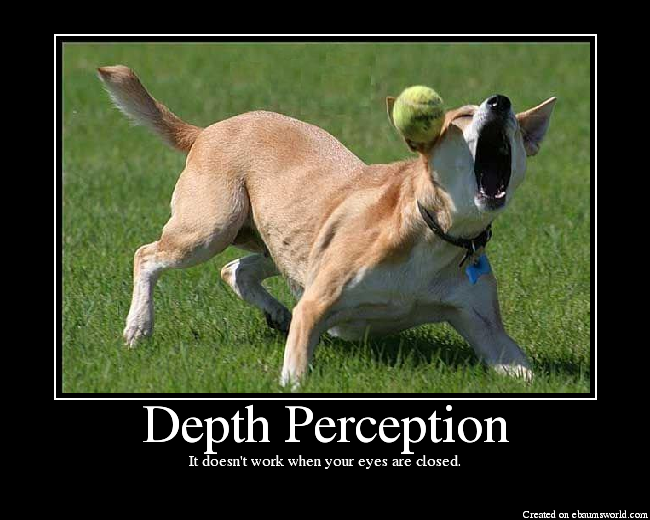Perspective
How can two
people be in the same place at the same time and come away with different
memories of the events that took place?
“It is a feature of human memory that we do
not store information exactly as it is presented to us. Rather, people
extract from information the gist, or underlying meaning. In other words, people store information in the way that
makes the most sense to them.” [1]
We bring so
much baggage with us wherever we go. None of us is a blank slate, able to
interpret the events that occur around us with complete objectivity. Some are
predisposed to certain viewpoints without perceptions even passing through the
scrutiny of critical thinking.

I see a glass that's twice as big as it needs to be.”
― George Carlin

We generally give ourselves the benefit of the doubt. We
normally ascribe the best of motives to our every action. How our actions are
perceived by those on whom they have an affect is usually swept aside as
nonsense. It is easy to rationalize why we do what we do and behave as we
behave and expect everyone else to understand.
What should we do if our words or actions are interpreted in
a way that another feels is hurtful?
"Therefore all things whatsoever ye would that men should do to you, do ye so to them." Matthew 7:12
“In all affairs it's a healthy thing now and then to hang a question
mark on the things you have long taken for granted.”
― Bertrand Russell
― Bertrand Russell
“We make sense of information
by trying to fit it into schemas, which are a way of organizing
information. Schemas are mental 'units' of knowledge that correspond to
frequently encountered people, objects or situations. They allow us to
make sense of what we encounter in order that we can predict what is going to
happen and what we should do in any given situation. These
schemas may, in part, be determined by social values and therefore prejudice.” [2]
“Some people grumble that roses have thorns; I
am grateful that thorns have roses.”
― Alphonse Karr
Sometimes our schemas cause our eyes to be closed to the reality that is before us.
― Alphonse Karr
Sometimes our schemas cause our eyes to be closed to the reality that is before us.

“It is a narrow mind which cannot look at a
subject from various points of view.”
― George Eliot, Middlemarch: A Study of Provincial Life
― George Eliot, Middlemarch: A Study of Provincial Life
― Edmund Wilson
I could take this a step further and state that if I read a book today that I had read 20 years ago, it would not be the same book to me because I will have brought to my reading a whole new depth of experiences to relate to the writing.
We make decisions easier on ourselves with hueristics, or 'rules of thumb,' which are cognitive strategies we have developed in the face of data overload.
Hueristic Definition: A heuristic is a mental shortcut that allows people to solve problems and make judgments quickly and efficiently. These rule-of-thumb strategies shorten decision-making time and allow people to function without constantly stopping to think about the next course of action. While heuristics are helpful in many situations, they can also lead to biases. [3]

Be open to and SEEK the perspective of others
and your own reality will be enlarged.
----------------------------------------------------------

Be open to and SEEK the perspective of others
and your own reality will be enlarged.
----------------------------------------------------------
No comments:
Post a Comment